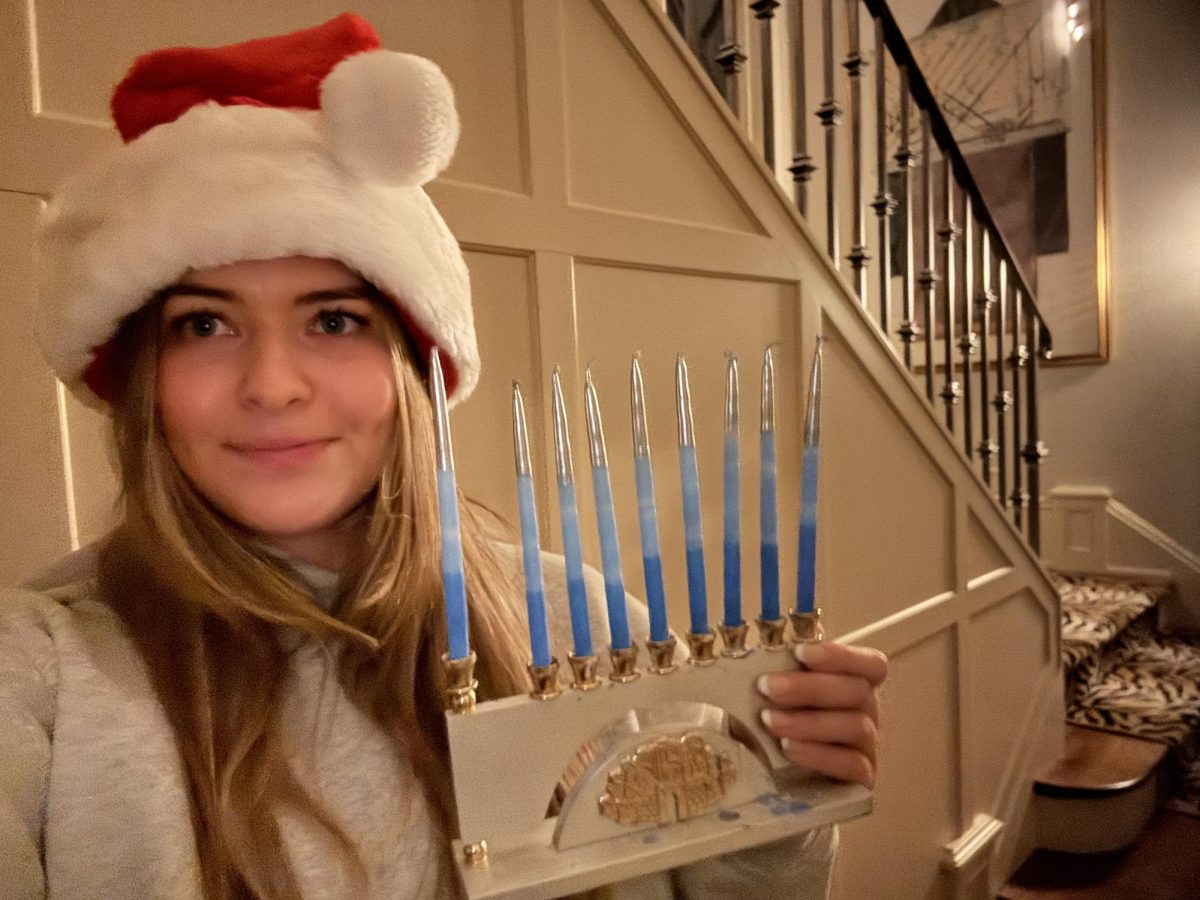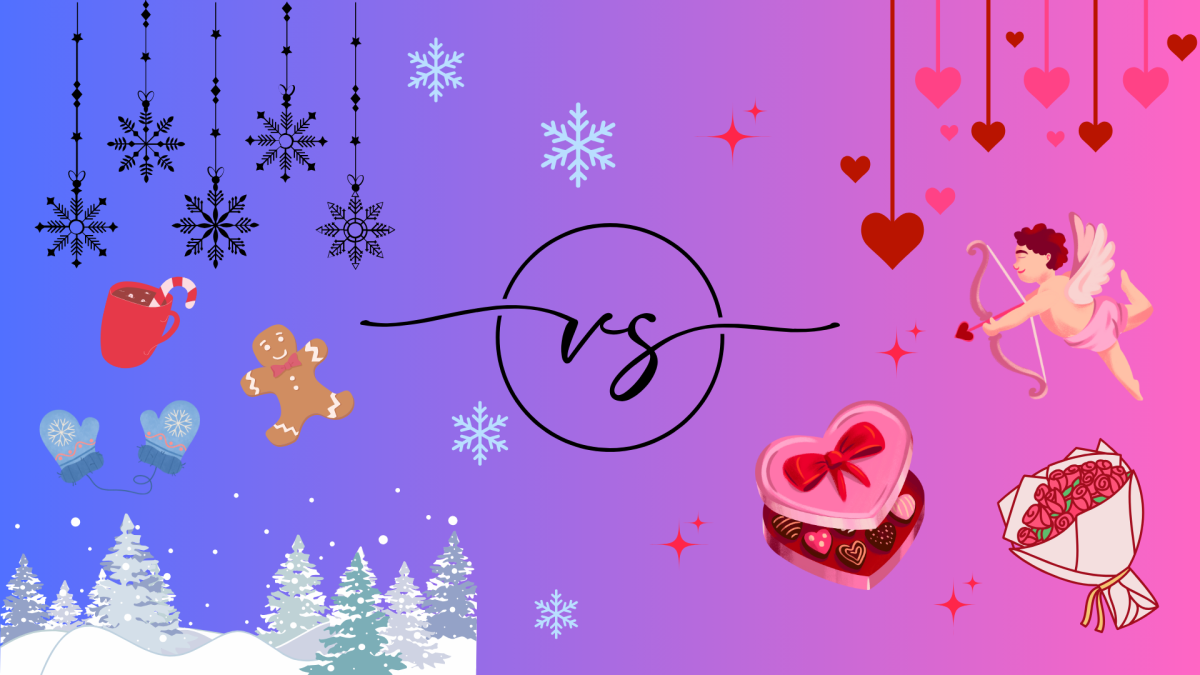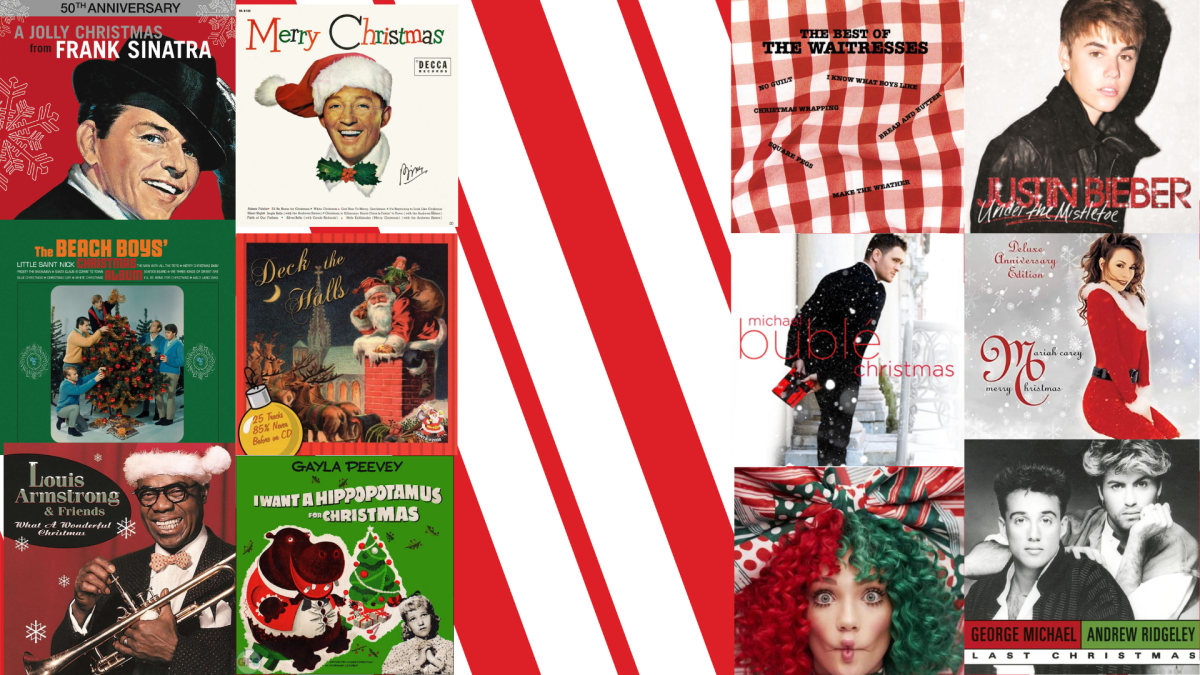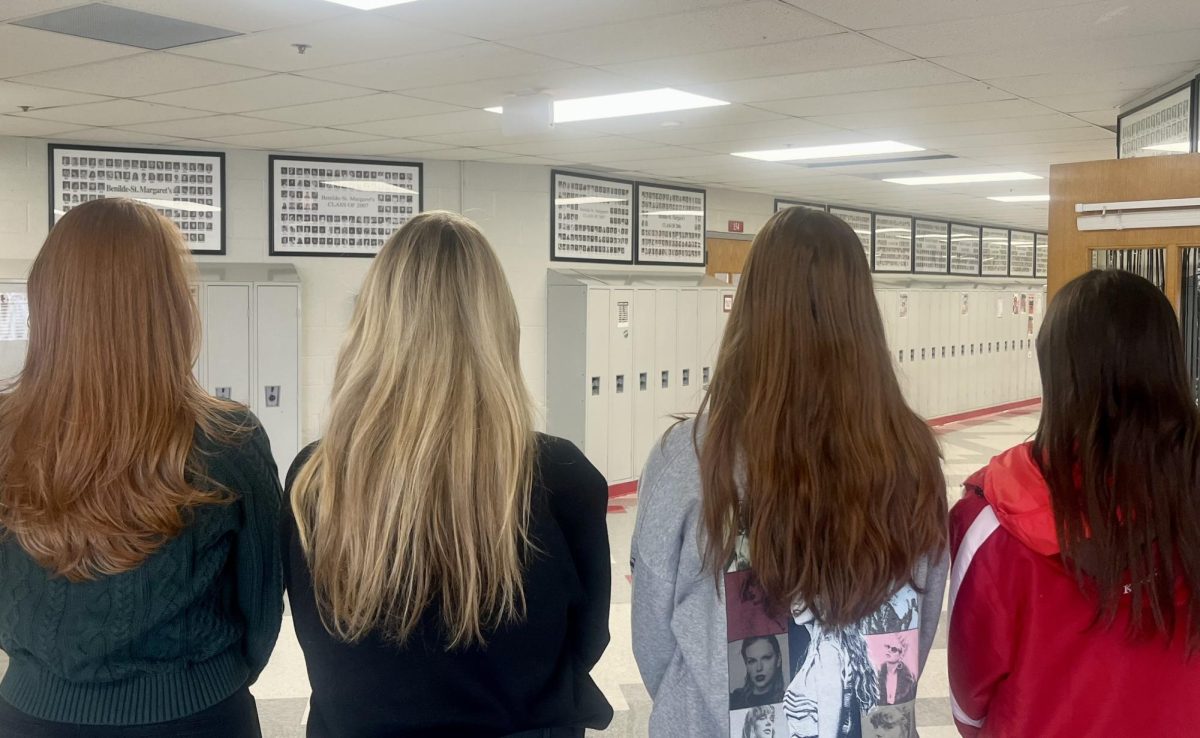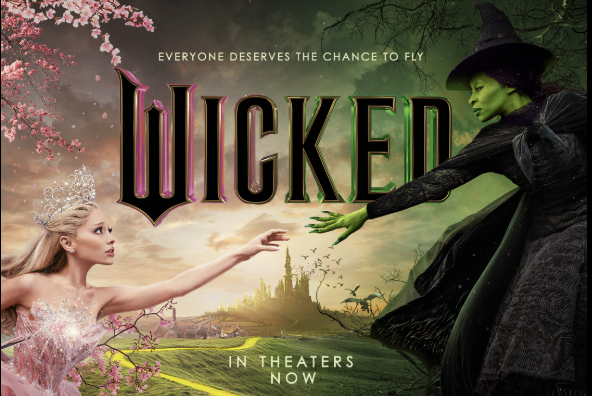“Change of Heart,” a novel written by the same author as “My Sister’s Keeper,” explores the nature of faith, bitter bits of the restorative justice system, and the fault line of religion. Jodi Picoult’s poetic flair, integrated into every one of her New York Bestsellers, elevates this novel to the culminating peak of Picoult’s recent success.
One of five main characters, mother June Nealon conformed to a conventional family life in which she fabricated years of laughter and adventure with her four-year-old daughter Elizabeth and husband Kurt. However, her stable and happy life changes within a heartbeat. June’s initial sense of self-conviction is cut to ribbons when both her daughter and husband are the victims of a tragic and concurrent death committed by murderer Shay Bourne.
June only hopes that time will heal her wounds, living her life solely for the sake of her youngest daughter Claire. But the simple passage of time cannot erase the number of challenges she is forced to confront. While June suffers emotionally from a latent depression, Claire suffers physically from a failing heart.
Shay Bourne, a murderer convicted on two accounts, becomes New Hampshire’s first death row prisoner in 69 years. Fallen astray by his own adversity, Shay immediately accepts his lingering fate but has one final request: to donate his heart to the sister of his victim in order to achieve salvation.
Peculiar accounts of Messianic-like miracles exude from the condemned man: He turns water into wine, cures the sick, multiplies food for the hungry, and revives a dead bird. In light of these strange occurrences, the reader is continually captivated by Shay Bourne’s complicated yet reverent spirit. From devout and rather unorthodox priest Father Michael, to headstrong atheist and A.C.L.U. lawyer Maggie Bloom, Shay’s dramatic influence, on all he meets, leads them to question what they’ve been told to believe.
Although Claire is in desperate need of a life-saving heart transplant, her relationship with Shay and Claire consists of tenacious threads of bitter regrets, past crimes, and the rage of a mother who has lost her child. The intertwining of “offbeat” perspectives, relationships, and moral dilemmas amounts to the ultimate question: “Would you give up your vengeance against someone you hate if it meant saving someone you love?”







